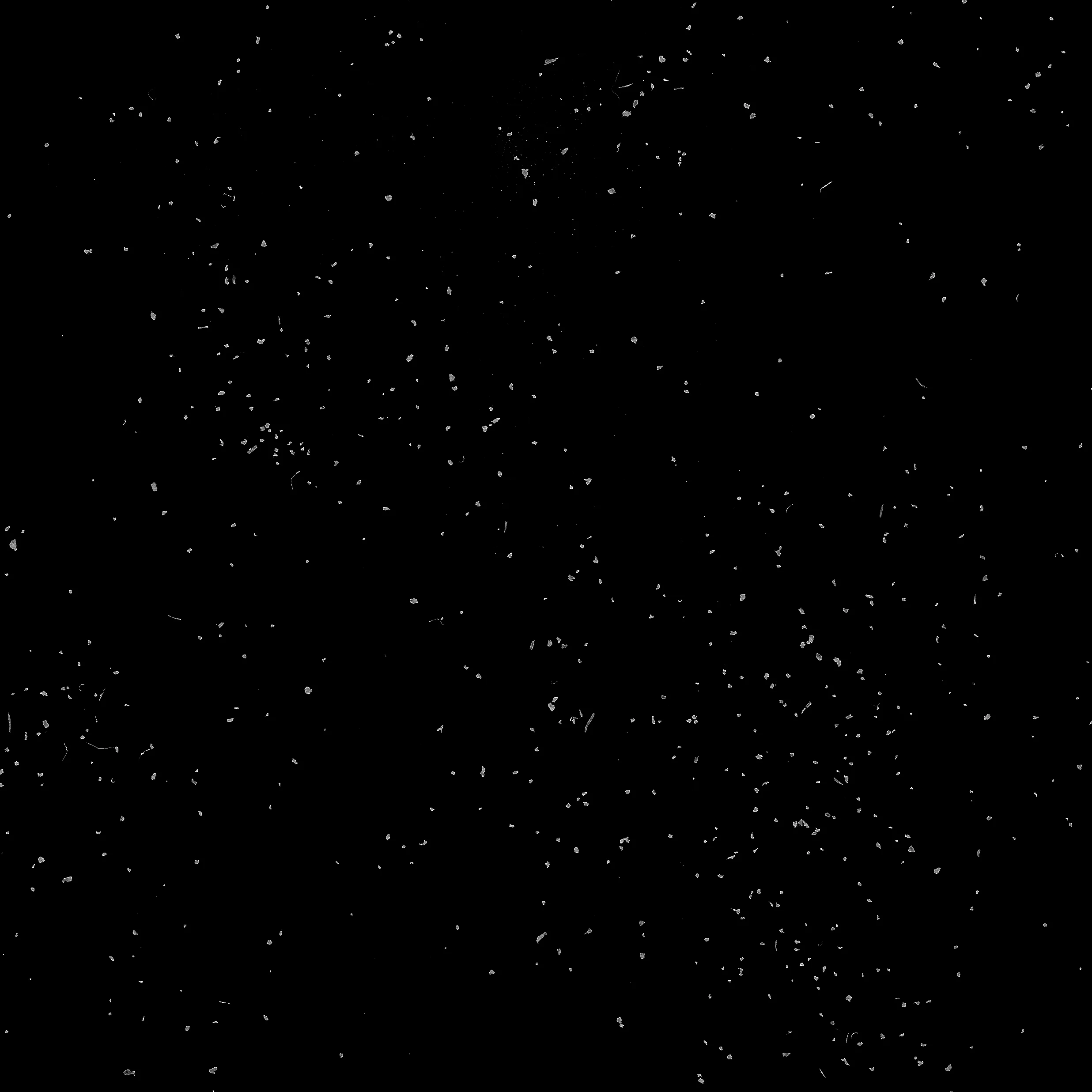To survive, we must make instantaneous sense of our world. As such, it is an essential skill to be able to discern one’s surroundings and act in accordance with the demands of our environment. Our brain does an unparalleled job of this – it automatically makes critical decisions in milliseconds – what way to pull the steering wheel if another car is careening towards us on the highway; quickly making sense of that brown coiled shape seen out the corner of our eye. Is it a poisonous snake, or simply a discarded loop of rope or a garden hose? While decisiveness is paramount to our survival, this very ability also begets a tendency to seek certainty and understanding in situations which may call for much more nuanced circumstance.
In addition to our inclination to seek a practical mastery of our surroundings, as humans (particularly in the fact-based, scientifically-validated culture of modern times), we are also conditioned to seek out singular definitive answers to many of life’s questions. Such reductionism can (and often does) curtail experience into a false binary; a straightforward yes or no, right or wrong, bad or good. This simplistic view makes for a sterile exactness that leaves no room for the messy alchemy we call human experience.
When we become fixed within this black or white view, any deviation from this false self-imposed logic becomes a source of discomfort and we can spend much of our mental energy denying the contradictions that exists within ourselves and our relationships. For example: How can one simultaneously feel the need to seek comfort and connectedness among friends and loved ones whilst still needing to assert autonomy and separateness from others?
Seeking an answer or resolution to the existence of contradictions is like trying to swim upstream against a steady and powerful current – you will not get far before succumbing to exhaustion. Instead of fighting against two incompatible conditions by demanding yourself to choose one over the other, surrendering into a state of ambiguity and accepting not-knowing can open our hearts and minds to the all the possibilities of the human experience.
Acceptance of contradictions is the conduit for viewing the human condition as a paradox: a more fully alive, well-rounded, non-dualistic stance. Where contradiction is an unsolvable problem of logic, paradox is an enigmatic and awe-inspiring riddle. Tolerating, and then honoring contradictions allow them to shift from irascible nuisances of life into deeply intoxicating existential curiosities. These paradoxes are deeply mysterious and beg for thoughtful exploration. They open space for reconnection to ourselves and others and invite us to grow our capacity to discern more than bad or good, threat or friend…but rather the whole spectrum of possibility gifted to us in this existence.
Lauren Ziel, MSW is a Registered Associate Clinical Social Worker, ASW #76483, working under the supervision of Vanessa Spooner, PsyD. Through the use of movement and mindfulness, Lauren develops specialized treatment for anxiety, depression, eating disorders, challenges in life-stage transitions, relational difficulties, and identity/intrapersonal development.

